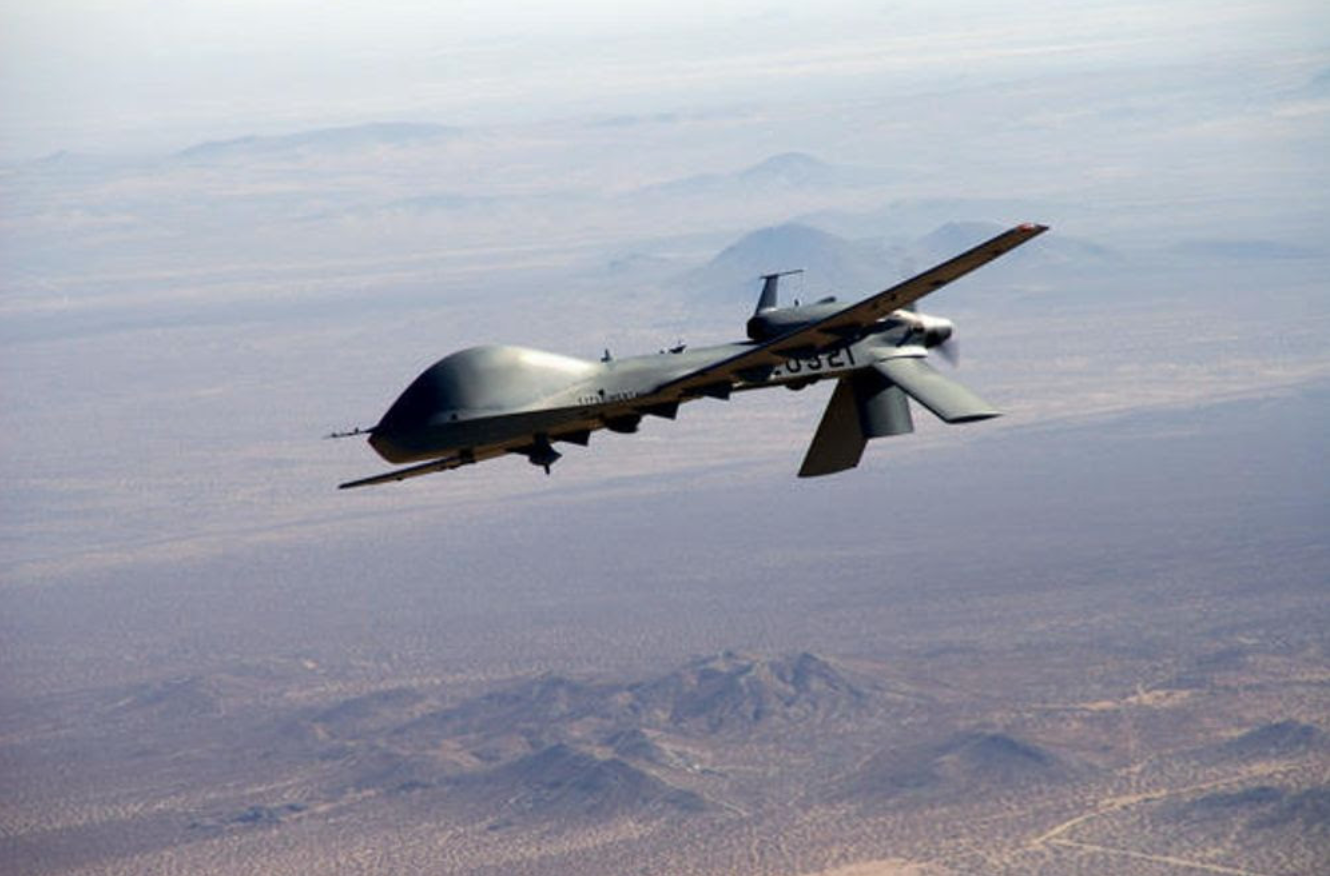The economic impacts of 9/11 are being felt decades later.
The WSJ described the dramatic rise of the homeland security-industrial complex that sprang up following the attacks.
Did you know?
Before September 11, 2001, the US had been cutting military spending.
At the time of the attacks, spending on the military as a share of GDP had declined to less than one-third of what it was during the peak of the Vietnam War.
But 9/11 “changed the dynamic,” retired Air Force Gen. Hawk Carlisle, now the CEO of a major defense trade group, told the WSJ.
Here are a few mind-blowing stats that illustrate the change:
- Military spending doubled to $700 billion in the decade following 9/11, to about 20% of total government spending.
- In 2001, the Defense Department had about $181 billion in contract obligations to 46,000 companies. In 2011, it had $375 billion in obligations to over 110,000 contractors.
- Increased military spending by the government turned the Washington, DC, area into the country’s hottest regional economy from 2001–2011.
Tech-based defense
Other forms of defense, such as cybersecurity and defense against various technological threats, will increasingly become critically important.
It’s important for government, companies, and individuals alike.
Cyber threats are increasingly following companies into the cloud, an ongoing corporate trend, leading to consolidation in some previously disparate software verticals.
Bottom line
US military spending as a share of GDP has shrunk since peaking in 2011.
But the booming homeland security industry it helped create remains a permanent fixture of the economy. As the US enters into a new geopolitical war with China, military spending as a percent of GDP is likely to remain elevated.


